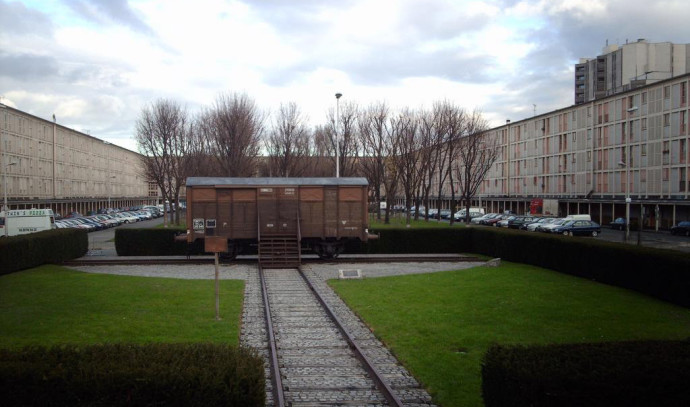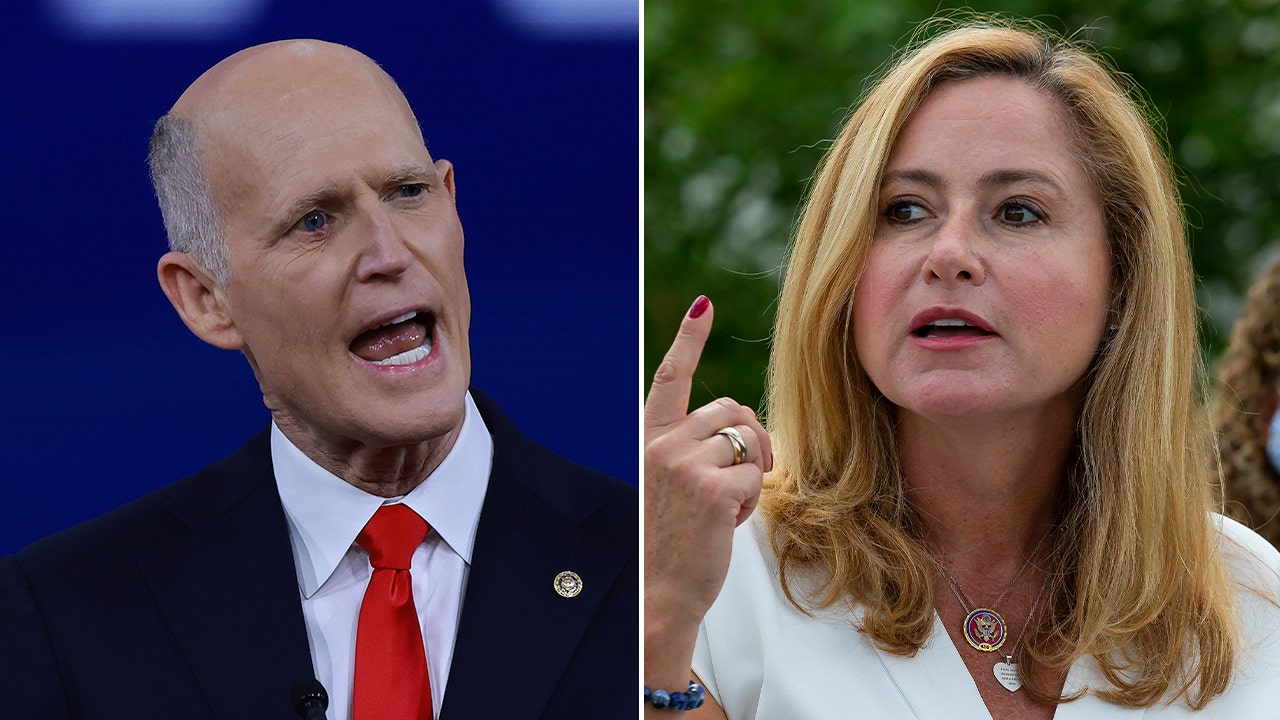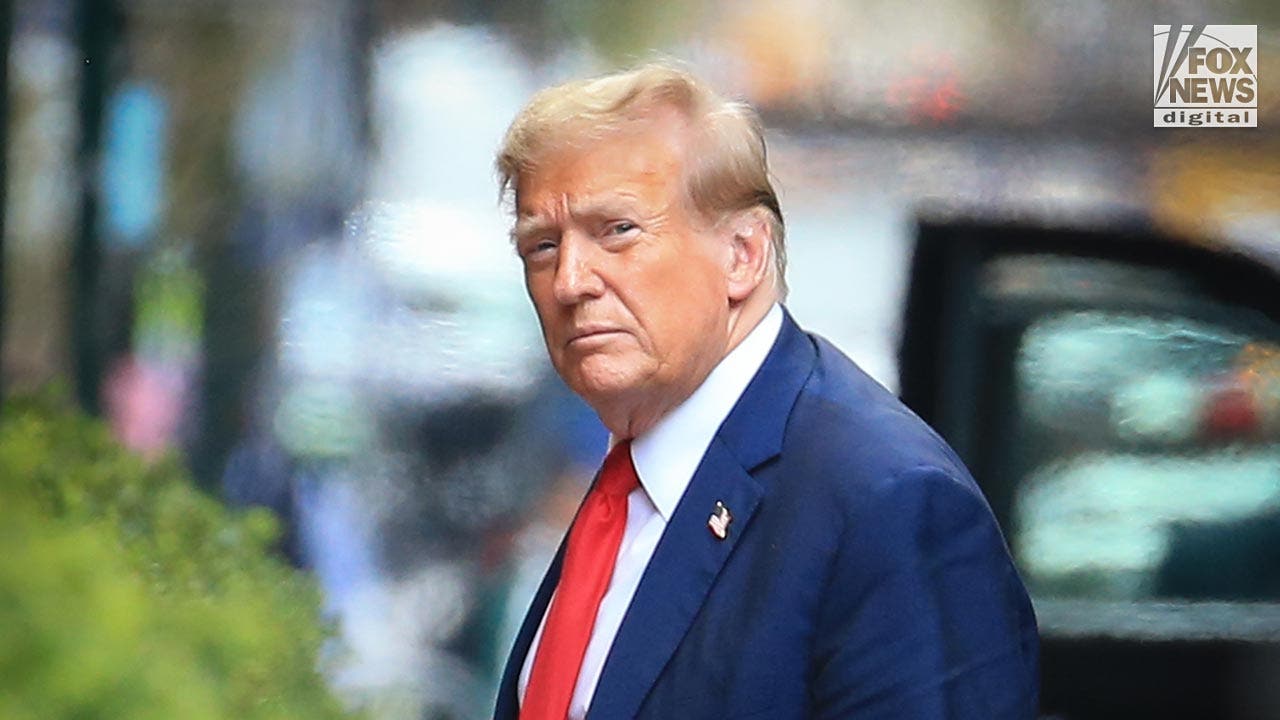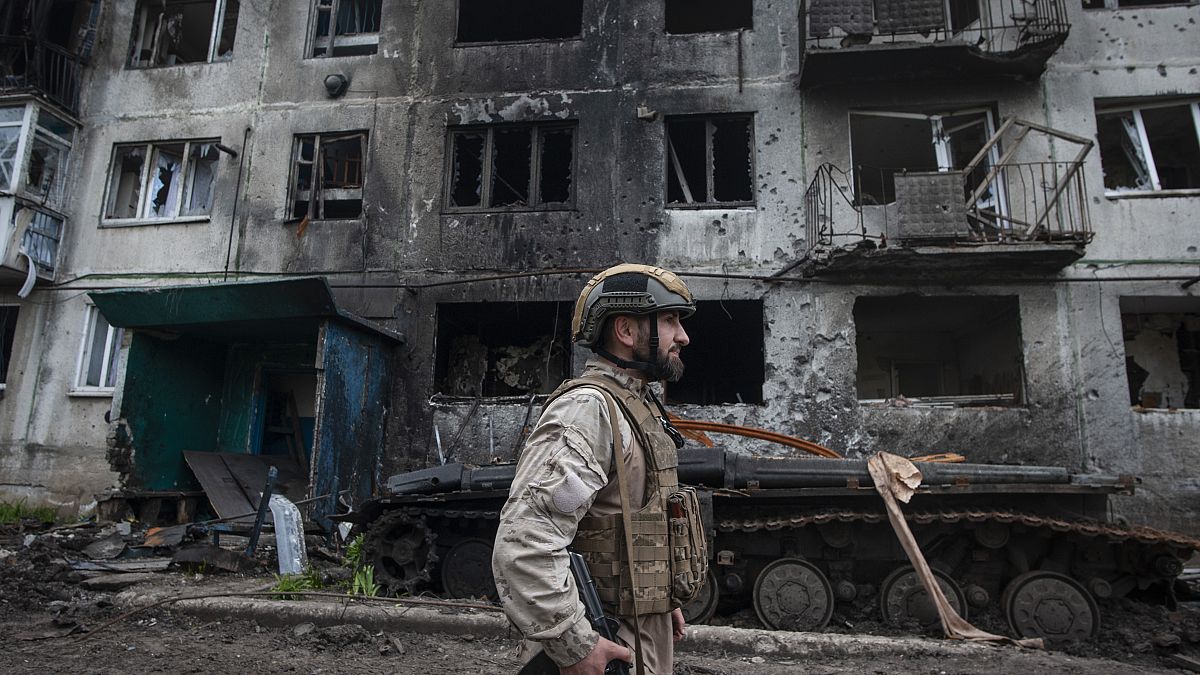I wasn’t sure I had heard him correctly, so I repeated the question. “How old are your kids?” “Six,” he said, this time with a grin between sheepish and sly. We were in a group discussion with other inmates and staff at the D.C. Correctional Treatment Facility near the D.C. Jail, so I let the matter drop. When the session ended, we spoke again privately, and that’s when the fog lifted.
Washington, D.C
Opinion | As youth crime persists, one question looms large (continued)

He explained that six years earlier, at age 16, he had fathered three children in the District. “They were born one month apart,” he said. I told him he belonged in jail. He laughed and agreed he had left behind a mess.
These were the opening paragraphs of a column I wrote nearly 30 years ago about children in trouble and the city’s besieged child welfare system. I had visited the correctional facility to meet separately with male and female offenders. I learned that many had children, some living with relatives or friends, some in the city’s foster care system. One inmate didn’t seem to know where her children were.
The week of my column, U.S. District Court Judge Thomas Hogan placed the city’s child welfare system under general receivership. He said the system was in a crisis so severe that he had no choice: Children were being neglected, abused, abandoned.
I don’t know what became of the 22-year-old inmate with three children. Those kids must now be about 36. Their father told me he never had a father to give him encouragement and support. What of his own children?
Last week’s column featured a long list of youths arrested in crimes committed during the first half of April. It asked, “What about the fathers?” The same question can be asked about the fathers of children in today’s child welfare system, children out in the streets — not in jail but also not in school.
Let me revisit another old column to tell you about a different kind of father. Mine.
By today’s standards of success, my father might have been labeled a failure. He was a high school dropout, worked as a laborer, often two jobs at a time. Later in life, he landed work inside a government office building and retired as a senior clerk.
My father never gave me, my brother or my sister an allowance. There were no such things as family vacations. We were the last family in the neighborhood to get a television. We never owned a car. And my father didn’t have the kind of jobs that let him take time off to attend a kid’s drill competition or football game.
But failure? No. Isaiah King was a living example of what responsible fatherhood is all about.
His life refuted the notion that wealth, education and social status have anything to do with the irreplaceable condition for being a good father, which is simply being there. Apart from brief visits to out-of-town family and a few medical stays, my father spent nearly every night at home with Amelia, his wife of 53 years, and their three children.
To some people passing him on the street, my father might have been dismissed as a working-class Black man of little consequence. Goodness knows, he swallowed more than his share of insults and slights growing up in this racially segregated city. And we kids — familiar with being banned from schools, stores, theaters, restaurants, and pools and amusement parks — knew all too well that White people’s animus toward and disdain for men, women and children of a darker hue were as pervasive as the D.C. air we breathed.
For us, the most cherished part of the Washington landscape was Isaiah King’s home. Simply because he was there.
To be sure, my mother held the reins — and had the brains — in the household. After taking in washing and ironing at home and doing menial domestic work in far Northwest D.C. and suburban Maryland to help send three children to college, she went on to collect undergraduate and graduate degrees herself and retired as a D.C. public school teacher.
My mother was the sparkplug. But my father supplied the horsepower.
Except for the time our kitchen stove was converted from coal to natural gas, no electrician, plumber or carpenter entered our home. Daddy fixed everything. He painted; we held the ladder. He did the electrical work; we kept candles handy. So what if the light switch read “nO” instead of “On” when Daddy got finished? It worked, didn’t it?
I learned from him — and have tried to teach my sons so they will in turn teach my grandsons — that a real man doesn’t leave it to others to take care of his children. A real man respects and cherishes strong women. And while his boxing lessons never improved my win-loss record on the playground, he taught me to never run away from a fight.
There were other priceless gifts.
Like the morning that self-taught man took his three grade-school youngsters to Washington Circle, pointed us east down K Street and told us to “just follow your nose.” Fifteen blocks later, we arrived at the Central Public Library and the world of books.
Like the first letter he wrote to me, pulling me up short after my marriage in 1961, and reminding me of a husband’s responsibilities.
Like the moment when I let on how hurt I was to lose a coveted banking position to a politically connected, fair-haired boy, and how he set aside his own pain and thoughts of impending death to snap me out of my self-absorption with the words of a loving father, “Son, keep your chin up.”
Today we see too many kids in jail. Kids in graves. Kids broken in body and mind.
Think of the story of that young inmate 30 years ago. Of my story.
How did we get to where we are? Where do we go from here?

Washington, D.C
Holocaust cattle car exhibit stops in Washington amid growing antisemitism, unrest

A Holocaust-era replica cattle car will be on display at the National Mall in Washington DC on May 6 until May 9, where visitors will be able to engage with a learning experience about the Holocaust and antisemitism.
Elected and appointed officials are expected to be among the thousands of anticipated visitors attending the exhibit.
Organized by the nonprofit Hate Ends Now, the traveling exhibit included a 20 minute immersive presentation alongside a rare collection of original Holocaust artifacts. The cattle car is an exact replica of a World War II era cattle car used to transport Jews and other targeted groups to concentration and death camps by Nazi forces.
The exhibit at the mall will coincide with Holocaust Remembrance Day on May 6, which also marks the anniversary of the Warsaw Ghetto Uprising.
“Placing the Hate Ends Now cattle car in the capital of the free world during a time of alarming increase in antisemitism globally sends a powerful message, reminding us of what happens when hate is allowed to go unchecked,” said Todd Cohn, CEO of Hate Ends Now. “People of all ages have a visceral reaction when they step foot in the Cattle Car and when it seemingly comes to life with the voices, pictures, and stories of this dark era.”
What is in the exhibit?
Trained docents greet visitors outside of the cattle car, where they educate the public with the exhibit and provide critical context and frame the presentation.
Accompanying the exhibit are 25 original artifacts from the Holocaust; which have rarely been permitted outside of museum walls. The public then sees and hears firsthand accounts from Holocaust survivors.
“Amid sharp increases in antisemitism across the country, the need to bring the cattle car to more people is greater than ever before,” added Cohn. “Particularly for people who do not connect as much with a textbook or museum, or don’t otherwise have access to educational opportunities like this. It is the perfect learning experience.”
The National Mall cattle car exhibit is sponsored by the Biden-Harris administration through the US Department of Agriculture, in partnership with the Federal Inter-Agency Holocaust Remembrance Committee. Other sponsors include the US Department of Veteran Affairs, Jewish Federations of North America, ADL, American Jewish Committee, Jewish Community Relations Council of Greater Washington, Lillian and Albert Small Capital Jewish Museum, Edlavitch JCC, and 3GDC.
Washington, D.C
George Washington University president seeks support from DC over ‘illegal’ protest – Washington Examiner

The president of George Washington University is seeking assistance from local law enforcement as the university attempts to handle the pro-Palestinian encampment on campus.
Ellen M. Granberg, the president of the university, described the encampment as “an illegal and potentially dangerous occupation of GW property,” in a new statement issued on Sunday.
“When protesters overrun barriers established to protect the community, vandalize a university statue and flag, surround and intimidate GW students with antisemitic images and hateful rhetoric, chase people out of a public yard based on their perceived beliefs, and ignore, degrade, and push GW Police Officers and university maintenance staff, the protest ceases to be peaceful or productive,” Granberg said.
The university has “requested the assistance of the DC Metropolitan Police Department, erected barriers to contain the protest, initiated academic and administrative consequences for trespassing GW students, expanded our security resources and personnel, and conducted regular and sustained dialogues with GW students connected to the camp,” she said.
Granberg explained that the university is “not equipped to single-handedly manage an unprecedented situation such as this.” Granberg also confirmed that the school is in communication with D.C. and the Metropolitan police, who are providing “an increased security presence on and around University Yard.”
“I understand and fully share the deep concern many feel about the status of the protest. Many are frustrated that it is continuing; some are willing for it to proceed indefinitely. At GW, our commitment remains to regain and maintain the safety and security of University Yard, pursue accountability for those who have destroyed university property and harassed our community, and return our university to normal operations,” Granberg said.
She continued, “This includes, of course, allowing and promoting the free exercise of various viewpoints and means of expression by members of our community within the limits of university policies. We continue to ask for the full support of our partners, including the District of Columbia, in pursuing these aims.”
The university is far from the only one struggling with how to respond to these anti-Israel encampments that have popped up at several colleges nationwide. The protesters have sought to get their universities to meet their demands, which largely include divesting from any weapons manufacturers, Israel, and any company that has ties with Israel.
There have been instances at these encampments where pro-Palestinian protesters have espoused anti-semitism. Between that and some instances of violence and confrontations between them and pro-Israel counter-protesters, it has made university administrators wary of letting the encampments continue.
CLICK HERE TO READ MORE FROM THE WASHINGTON EXAMINER
There have been instances, as well, where university officials have sought law enforcement’s assistance in clearing the encampments, but it has at times resulted in violence as well. At least 25 people were arrested on Saturday at the University of Virginia, according to the New York Times.
Northwestern University announced last week that it reached an agreement with protesters, which, among other things, reestablishes the Advisory Committee on Investment Responsibility with student, faculty, and staff representation. Brown University announced on Tuesday that it would hold a vote on whether to divest from Israel in October, in exchange for the end of the protesters’ encampment.
Multiple political and university leaders, including Granberg, have alleged that outsider agitators have gotten involved in the protests.
Washington, D.C
Student’s wounding inside Dunbar H.S. detailed in D.C. documents

The noise drew a teacher at Dunbar High School to leave her desk mid-conversation Friday morning and peer out the window. Gun shots.
When she turned back around, the student she’d been talking to was on the floor, blood pouring from her head, according to a sworn statement filed in D.C. Superior Court.
-

 Politics1 week ago
Politics1 week agoColumbia University’s policy-making senate votes for resolution calling to investigate school’s leadership
-

 News1 week ago
News1 week agoBoth sides prepare as Florida's six-week abortion ban is set to take effect Wednesday
-

 News1 week ago
News1 week agoPro-Palestinian campus protesters face looming deadlines and risk of arrest
-

 Politics1 week ago
Politics1 week agoRepublican makes major announcement in push to grow GOP support from once-solid Dem voting bloc
-

 World1 week ago
World1 week agoBrussels, my love? MEPs check out of Strasbourg after 5 eventful years
-

 Politics1 week ago
Politics1 week agoGOP Rep. Bill Posey won't seek re-election, endorses former Florida Senate President as replacement
-

 Politics1 week ago
Politics1 week agoHouse Republicans brace for spring legislative sprint with one less GOP vote
-

 World1 week ago
World1 week agoAt least four dead in US after dozens of tornadoes rip through Oklahoma


















